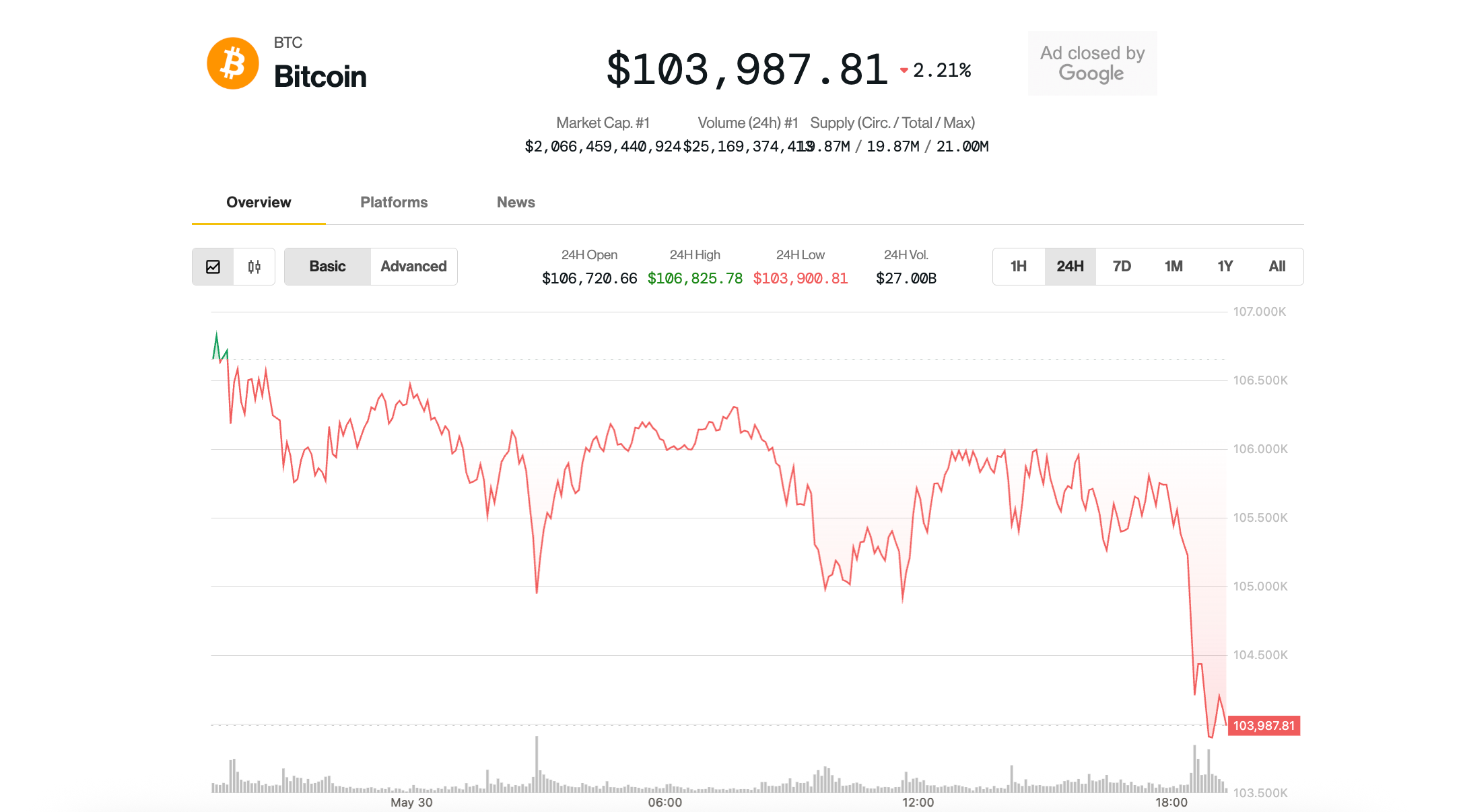Recognizing this as a global concern requiring transnational solutions to address it, on November 30 the Financial Action Task Force (“FATF”), an intergovernmental organization comprised of 38 national members and two regional organizations (the EU and the Gulf Cooperation Council), released a report, coordinated by the U.S. and Canada, on money laundering stemming from trade in fentanyl and synthetic opioids, with specific recommendations for counteracting the cash flow of the groups engaged in this activity.
The report attempts to focus greater attention on the transnational aspect of the global fentanyl trade. It notes that the trade is fueled by organized crime groups which are able to utilize a high level of sophistication both in the acquisition of drugs for sale and distribution, and in the subsequent laundering of proceeds.
Acquiring the Drugs and Laundering the Proceeds
At the acquisition stage, the biggest development has been in response to government attempts to clamp down on fentanyl distribution, by classifying it as a controlled substance. Adapting to this restriction, drug trafficking organizations which previously would have procured fentanyl directly from chemical producers have instead themselves gone into the manufacturing business, focusing on obtaining so-called “precursor chemicals” to produce fentanyl themselves – the criminal version of the efforts in recent years by nations, including the U.S., to “repatriate” supply chains in an attempt to insulate industries from the effects of global instability. The report notes that this trend has made it more difficult to detect suspicious financial activity on the “front end” of the drug distribution life cycle – though steps have recently been taken to increase international legal attention to this issue, e.g. this past spring’s vote by the UN Commission on Narcotic Drugs to institute international controls on three fentanyl precursors.
On the laundering side, the report acknowledges that there is no global model on how the organized trafficking groups handle their illicit proceeds, but emphasizes that it often involves cross-border activity. In some cases, this involves the use of money brokers and cash couriers. The report includes a case study involving over half a million dollars in narcotics proceeds being picked up in Chicago, intended to reach Mexican drug traffickers, but first passing through a number of Chinese bank accounts – facilitated by a network of Chinese nationals based in Mexico operating as money brokers. (In that case, the courier picking up the funds in Chicago was an undercover federal agent, and the Chinese money broker coordinating the transactions was arrested at LAX during a layover on a Hong Kong to Mexico flight.)
The report also notes that multinational criminal organizations are increasingly relying upon Asian money laundering organizations which circumvent currency controls by not actually requiring that money cross international borders, instead working with bankers in the “shadow banking” system (about which we have previously blogged) to coordinate transfers of value, a model similar to the Hawala system which has proven so troublesome to regulators in recent years.
The report further observes that criminal organizations are using professional money laundering networks to launder their illicit funds. Although so-called “professional” money launderers may include accountants, bankers and lawyers, the report states that “current financial intelligence suggests that they often are owners of, or associated with, trading companies or money-services businesses, as well as a variety of legitimate commercial enterprises they use as fronts.” This finding is consistent with the increasing focus of law enforcement and regulators across the globe on professionals and trade-based money laundering.
Finally, and perhaps unsurprisingly, the report acknowledges the increasing use of “dark web” marketplaces to facilitate the trade of fentanyl and synthetic opioids, often requiring the use of cryptocurrency or other virtual assets – though, unlike the crypto “true believers,” traffickers are more apt to quickly convert those assets to fiat currency and/or use them to purchase precursor chemicals and shore up their supply lines, rather than to hold them as investments.
Recommendations
The report recommends that FATF member jurisdictions should take the following steps in light of its findings:
- Improve coordination and information/intelligence sharing on the novel laundering methods encountered in connection with the fentanyl trade, and use that shared intelligence to create more robust legal/regulatory frameworks to combat the laundering and, by extension, the trade itself;
- Provide additional training to law enforcement authorities, including anti-money laundering and counter-terrorism financing authorities, on investigations into the precursor chemical supply chain, and how pharmaceutical companies and chemical importers may be providing raw materials to organized trafficking groups, whether unknowingly or intentionally;
- Expand international cooperation, via existing regional and multilateral enforcement mechanisms, to combat the synthetic opioid supply chains;
- Educate the private sector on the potential use of the “dark web” and digital assets to facilitate laundering of drug trafficking proceeds, and help it “take appropriate measures to deny criminals access to their business platforms or products.”
This last recommendation may seem somewhat naïve, as it is hard to believe at this juncture that any purveyor of cryptocurrency is not at least generally aware of the technology’s potential and actual use as a method of concealing illicit transactions from legal and regulatory authorities. However, the report appears focused on those mainstream financial institutions which over the past few years have been gradually lured by crypto’s siren song, but which are still subject to AML reporting requirements.
The report concludes by reiterating the human toll of fentanyl and synthetic opioid trafficking, and urging FATF’s member jurisdictions to make anti-money laundering efforts “a central part of the discussion” in combating it. Whether those countries act with urgency in response to this report remains to be seen; however, given the increasing urgency of the fentanyl addiction problem, and the seeming ineffectiveness of interventions to date, one may hope that (as with organized crime historically) going after the ill-gotten gains will be a more impactful way to combat these trafficking operations.
[View source.]
Read More: news.google.com









 Bitcoin
Bitcoin  Ethereum
Ethereum  Tether
Tether  XRP
XRP  Solana
Solana  USDC
USDC  Dogecoin
Dogecoin  TRON
TRON  Cardano
Cardano  Lido Staked Ether
Lido Staked Ether  Wrapped Bitcoin
Wrapped Bitcoin  Wrapped stETH
Wrapped stETH  Sui
Sui  Hyperliquid
Hyperliquid  Chainlink
Chainlink  Avalanche
Avalanche  Stellar
Stellar  LEO Token
LEO Token  Bitcoin Cash
Bitcoin Cash  Toncoin
Toncoin  Shiba Inu
Shiba Inu  USDS
USDS  Hedera
Hedera  WETH
WETH  Wrapped eETH
Wrapped eETH  Litecoin
Litecoin  Polkadot
Polkadot  Monero
Monero  Binance Bridged USDT (BNB Smart Chain)
Binance Bridged USDT (BNB Smart Chain)  Bitget Token
Bitget Token  Ethena USDe
Ethena USDe  Pepe
Pepe  WhiteBIT Coin
WhiteBIT Coin  Coinbase Wrapped BTC
Coinbase Wrapped BTC  Pi Network
Pi Network  Dai
Dai  Aave
Aave  Uniswap
Uniswap  Bittensor
Bittensor  Cronos
Cronos  OKB
OKB  Ethena Staked USDe
Ethena Staked USDe  Aptos
Aptos  NEAR Protocol
NEAR Protocol  BlackRock USD Institutional Digital Liquidity Fund
BlackRock USD Institutional Digital Liquidity Fund  Jito Staked SOL
Jito Staked SOL  Tokenize Xchange
Tokenize Xchange  Ondo
Ondo  Ethereum Classic
Ethereum Classic